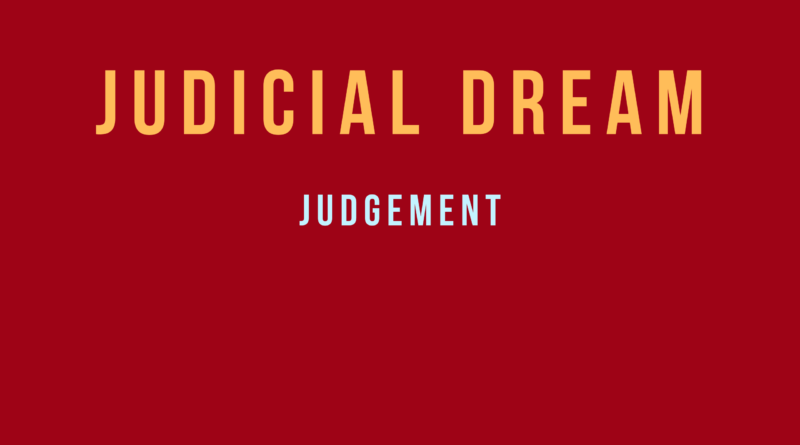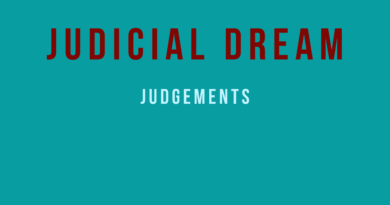INDIRA GANDHI VS RAJ NARAIN
Give a detailed summary of Indira Gandhi v. Raj Narain (1975) 2 SCC 159 case.
• Facts of the case
In 1971, the 5th general election was held in which Indira Gandhi won with a margin of victory, obtaining 352 out of the total 518 seats. She contested the election from her Constituency of Rae Bareilly.
Raj Narain was contesting against her, and although he was confident that he would win, he lost to Indira Gandhi by a large margin.
He was very unhappy with his defeat and filed an appeal for annulment of the election. He charged Indira Gandhi with using corrupt practices in the campaign to win the election. On 24 April 1971, he filed a petition challenging the election of the Prime Minister by Indira Gandhi.
He alleged that the Indira Gandhi campaign was aided by many government officials, including the armed forces and the local police, and that Indira used government vehicles for her campaign. He further claimed that Indira used alcohol and blankets to influence the voters to cast their votes for her, in excess of the campaign expenses.
On 12th June, 1975, the Allahabad High Court declared Indira Gandhi’s election void on the ground of corrupt practices. The court, headed by Justice Jagmohan Lal Sinha, found Indira guilty of misusing government machinery under the “Representation of people’s act, 1951”.
She was thus barred from contesting the next six years. Indira Gandhi appealed the judgment to the Supreme Court, but the Supreme Court, which was on vacation at that time, issued an executional stay on the matter.
The President of India at that time, Fakhruddeen Ali Ahmad, declared a state of emergency on the ground of internal disturbances. However, it is clear that the real reason for the state of emergency was the judgment delivered by Allahabad High Court under the “Raj Narain vs. Uttar Pradesh” judgment of 10th August 1975.
On the same day, Article 329-A was introduced into the Constitution as part of the 39th constitutional (amendments) Act, 1971, which prohibited the jurisdiction of the Supreme Court to entertain the matter of elections. Thus, the election of the President, Prime Minister and Vice-President as well as the Speaker of Lok.
• Issues Raised
- Whether Article 329A clause (4) of the Constitution of India is valid?
- Whether Representation of People’s (Amendment) Act, 1974 and Election Laws (Amendment) Act, 1975 are constitutionally valid?
- Whether Indira Gandhi’s election is valid or void?
• Arguments by Petitioner
The main argument relied on in the context of the 39th Amendment was that it altered the fundamental structure and, more specifically, deprived the courts of jurisdiction in matters relating to election petitions, which was considered to be an unfair treatment of the judiciary. According to the petitioner, while the legislature is responsible for making and passing laws, it is the judiciary that has the power to decide whether those laws are constitutional.
Article 14 (1) guarantees equal protection of laws and equal opportunities before the law. In the petitioner’s view, when the President passes a law, he and others are placed above the law in a way that is not justifiable. Article 14 (1) is a fundamental principle of public policy recognised by all the states. It is an integral part of the Constitution which should not be changed, as has been shown in previous cases concerning fundamental rights. Eliminating the principle of judicial review will not promote equality.
In addition, the petitioner claimed that the amendment was passed when there was no clear majority of Members in the House, and some Members were unable to vote for or against it. Furthermore, Article 368 of the Constitution does not empower Parliament to amend the Constitution for the purpose of determining election results.
The petitioner also claimed that various articles in the Constitution allow for judicial review to be excluded in appropriate cases, as a matter of political expediency. The petitioner further claimed that cases such as Kesavananda Bharti and Shankari prasad did not deal with electoral matters; they dealt with the meaning of word changes. Therefore, the Constitution’s constituent power should be considered as a whole, and not applied selectively.
• Arguments by Respondent
The 39th amendment Act has a major effect on our Constitution’s structure and framework. It also weakens the power of the courts. The country’s system has always been based on the separation of powers between the three arms of government. It is not fair to the courts if their powers of interpretation and decision are removed.
The government’s main job is to legislate, but it does not have the power to determine the law’s constitutionality. If the courts find that the law is not constitutional, it must be annulled.
Section 14 of the Constitution guarantees equal treatment before the law as well as equal protection under the law. Passing such a law puts the President and other persons above the law which is not justifiable.
The fundamental rights of the people are fundamental to our Constitution and should not be compromised or changed, as has been shown in previous cases relating to fundamental rights. Article 368 of the Constitution does not empower Parliament to amend it in a manner that would affect the outcome of an election.
• Judgment
On 7th November 1975, the constitutional bench gave its judgment in which the apex court accepted Raj Narain’s argument and declared the provision impugned in Article 329A to be unconstitutional. Mathew J. stated that Article 329A (4) had destroyed the fundamental structure of the Constitution, which was to resolve an election dispute by determining the adjudicative factors and applying the applicable laws.
According to him, a healthy democracy could only function when there was the possibility of holding free and fair elections. Therefore, the impugned amendment had destroyed that possibility and thus violated the fundamental structure. Chandrasekhar J. also found that the 39th amendment was a violation of the principle of the separation of powers, as it transferred a purely judicial role to the legislature. He was sure that the amendment was also a violation of Article 14, as it created an inequality between certain members and others.
Ray C. J. noted that the amendment violated the fundamental principle of the rule of law, while Justice Khanna noted that it violated the norms of a free and fair election. The bench further noted that the amendment also violated the principle of natural justice, i.e., audi altrem partem, as it denied the right of the person contesting the election of members mentioned in the amendment to be heard in a fair and impartial manner. Democracy is an integral part of the Constitution of India. Parliament has no right to pass a retroactive law validating a nullity of an election.
Therefore, the court ruled that the 39th Amendment Act, 1975 was unconstitutional and breached the fundamental structure of the constitutional order. The Supreme Court annulled the judgment of the Allahabad high court, which acquitted Indira Gandhi of all corruption charges and declared her election valid.
• Critical Analysis
In this case, the Supreme Court highlighted the essence of democracy i.e., free and fair elections in a country where the citizens cannot elect their representatives. The Court also upheld the principle of separation of powers, which shapes the checks and balances between the pillars of the Constitution to prevent any encroachment or violation. In this case, the Court pointed out that the Constitution is always upheld by the law and Parliament is not by the law.
However, the Court focused on Parliament or Indira Gandhi’s vicious amendment and asserted Rule of Law as the dominant system. The Court also ruled that the Emergency imposed by Indira Gandhi was lifted after the Supreme Court withdrew the Amendment passed..
According to the facts presented in this case, the Prime Minister abused her powers when she was found to have violated election laws. She should have resigned with dignity. Instead, she imposed emergency rule to save herself. The Judiciary handled the situation by withdrawing the 39th constitutional amendment which is a violation of fundamental structure.
The 42nd amendment law, 1976 played an important role in preventing the challenge of amendments in court. However, this amendment was defeated in Minerva Mills. Parliament in its pain passed a law on the Judiciary where the Court of Justice lost the power to challenge and amend the Constitution.



